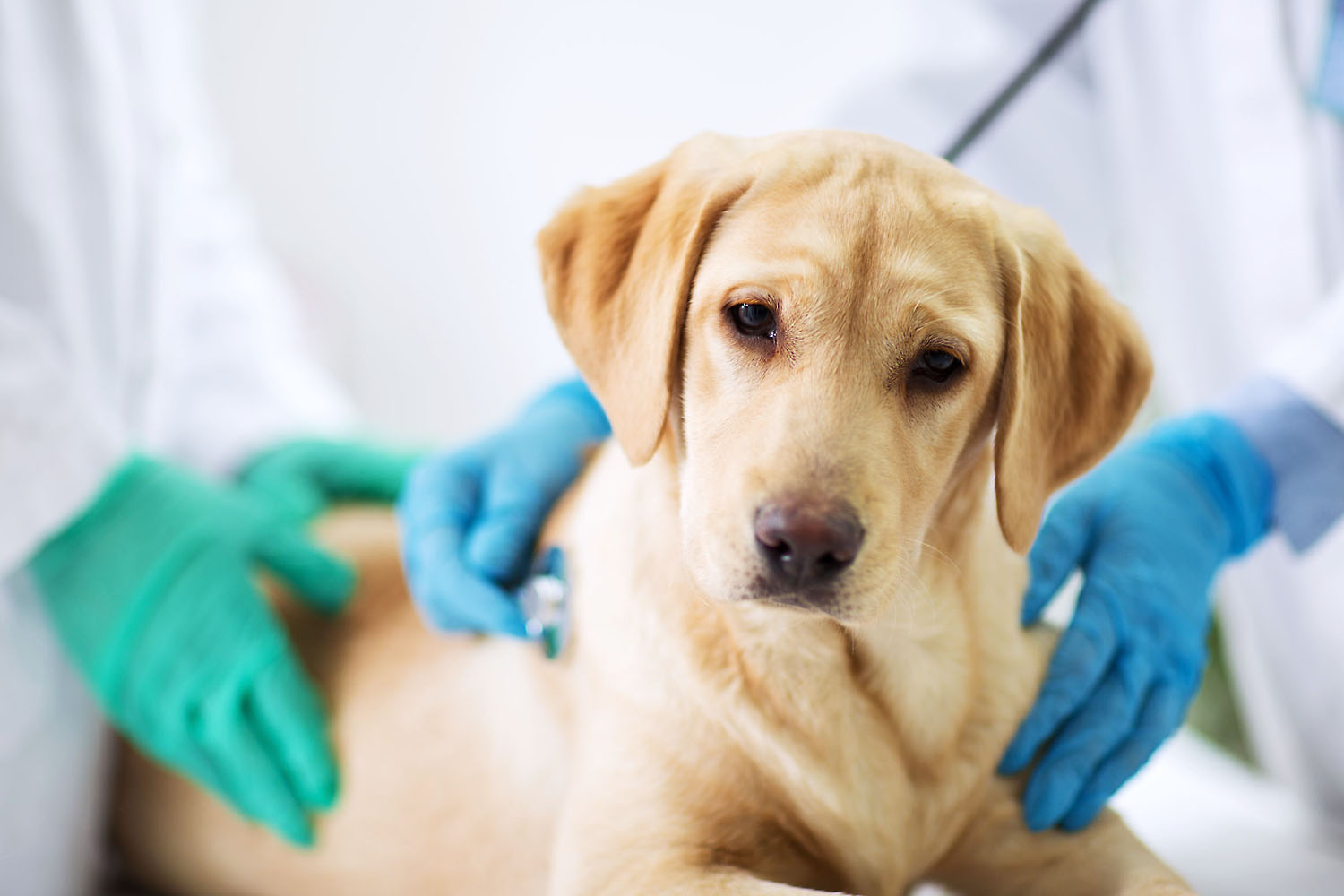
Veterinarian
Overview
 Veterinarians diagnose and treat diseases and dysfunctions of animals. Specifically, they care for the health of pets, livestock and animals in zoos, racetracks, and laboratories.
Veterinarians diagnose and treat diseases and dysfunctions of animals. Specifically, they care for the health of pets, livestock and animals in zoos, racetracks, and laboratories.
At Clemson, we encourage students to build interesting, challenging courses of study that also fulfill the basic requirements of the professional school. Veterinary schools have neither preferences nor prejudices concerning any curriculum or major. Instead, the emphasis is placed on you, the student. Success in your chosen major will exemplify the excellence needed to compete successfully for acceptance within the limited number of places available in professional health schools.
What is Competitive?
Veterinary-school admission is highly competitive. Course requirements vary among institutions and average admitting GPA changes annually. Applicants are encouraged to visit the institutions’ websites and/or representatives for each school. See a Health Professions Advising advisor for guidance.
Experience
Work and/or voluntary experience in the veterinary field is expected. Some programs have minimum hours to be met, others do not. Applicants are strongly encouraged to gain experiences alongside veterinary professionals. See the PreHealth advisor for guidance.
Leadership and Extracurricular Activities
Leadership and extra-curricular activities are encouraged. See a Health Professions Advising advisor for guidance.
VMCAS and GRE
The Veterinary Medical College Application Service is the central application used by 27 of the U.S. degree-granting institutions. The Graduate Record Examination is the computer-based standardized test for graduate and some professional-school admissions. For a suggested timeline based on your acceptance goals, see a Health Professions Advising advisor.
Application
Each institution’s requirements are subject to change at any time. Applicants should consult with the admissions websites and/or representatives for each school. Letters of recommendation requirements vary greatly between institutions. Letters typically come from medical professionals, science faculty or supervisors. See a Health Professions Advising advisor for guidance early in your college career to make considerations for your letters.
Core Preparation Courses
Requirements vary by institution and should be verified. Students planning to pursue a degree in veterinary medicine should expect to take the following courses:
- Biology: BIOL I 1030/1050 and BIOL II 1050/1060; or BIOL 1100/1110.
- Chemistry: CHEM 1010 and CHEM 1020.
- Organic Chemistry: CH 2230/CH 2270 and CH 2240/2280.
- Biochemistry: BCHM 3010 or BCHM 3050.
- Physics: PHYS 1220/1240 and 2210/2230; or PHYS 2070/2090 and PHYS 2080/2100.
- Statistics: STATS 2300.
- Psychology: PSYC 2010.
- Oral Communication: COMM 1500 or COMM 2500.
- Anatomy and Physiology of Domestic Animals: AVS 3010/3011.
- Principles of Animal Nutrition: AVS 3700.
- Microbiology: MICR 3050.
- Genetics: GEN 3000 or GEN 3020.
- Medical Terminology: See advisor.
- English Composition and Rhetoric: ENGL 1030.
Resources
Explore preveterinary medicine at Clemson
Explore careers in veterinary medicine
Find a veterinary school at AAVMC
Explore the Clemson University College of Veterinary Medicine student page
